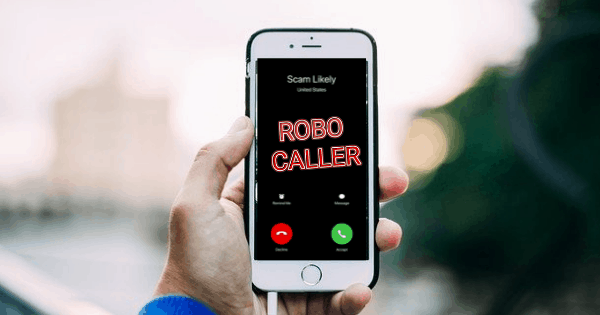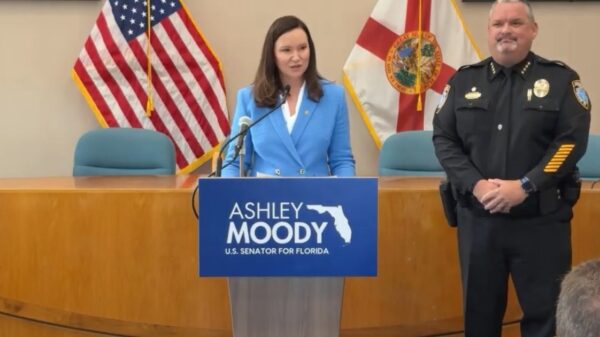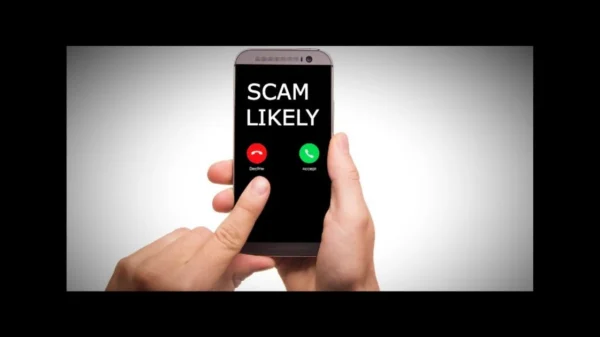Florida Attorney General Ashley Moody announced this week that she is leading efforts to garner support for the Federal Communications Commission’s (FCC) continued attempts to fight illegal robocalls.
Scammers are finding ways to circumvent previously implemented anti-robocall technology to continue bombarding citizens with scam messages.
Moody weighed in on the efforts on Tuesday.
“Working with the FCC, we have been successful in reducing the number of scam robocalls targeting Americans. Unfortunately, in recent months, scammers have found ways to circumvent the technology created to protect our citizens from fraudulent robocall messages. Today, I asked the FCC to continue its efforts to reduce the number of calls by implementing stricter processes on companies that assign and distribute telephone numbers,” Moody said.
Earlier this year, following efforts by Moody and other attorneys general, phone companies were required to implement a technology program called STIR/SHAKEN. This technology checks to see if a phone call comes from a legitimate source before the designated phone begins to ring. Since the FCC required large phone companies to begin using this technology in June, scam robocalls have dropped nearly 30 percent.
Scammers are now trying to circumvent the STIR/SHAKEN program by purchasing access to legitimate phone numbers to conceal their identities. Providing false information and shielding identities, scammers purchase access to legitimate phone numbers from companies that do not have strong know-your-customer policies. For STIR/SHAKEN to reach its full potential to reduce illegal robocalls, scammers cannot be allowed uninhibited access to legitimate phone numbers.
The FCC proposes to implement a more thorough application, review and monitoring process for phone companies that request direct access to phone numbers and to require these companies verify customers’ identities to help keep the numbers from being sold, leased or rented to scammers for illegal robocall purposes. This includes limiting the use of temporary phone numbers for trial customers.
Moody also letter of support from attorneys general across the country.
In addition to Moody, the following 50 attorneys general signed on to the letter: Alabama, Alaska, Arizona, Arkansas, California, Colorado, Connecticut, Delaware, the District of Columbia, Georgia, Hawaii, Idaho, Illinois, Indiana, Iowa, Kansas, Kentucky, Louisiana, Maine, Maryland, Massachusetts, Michigan, Minnesota, Mississippi, Missouri, Montana, Nebraska, Nevada, New Hampshire, New Jersey, New Mexico, New York, North Carolina, North Dakota, Ohio, Oklahoma, Oregon, Pennsylvania, Rhode Island, South Carolina, South Dakota, Tennessee, Texas, Utah, Vermont, Virginia, Washington, West Virginia, Wisconsin and Wyoming.





















